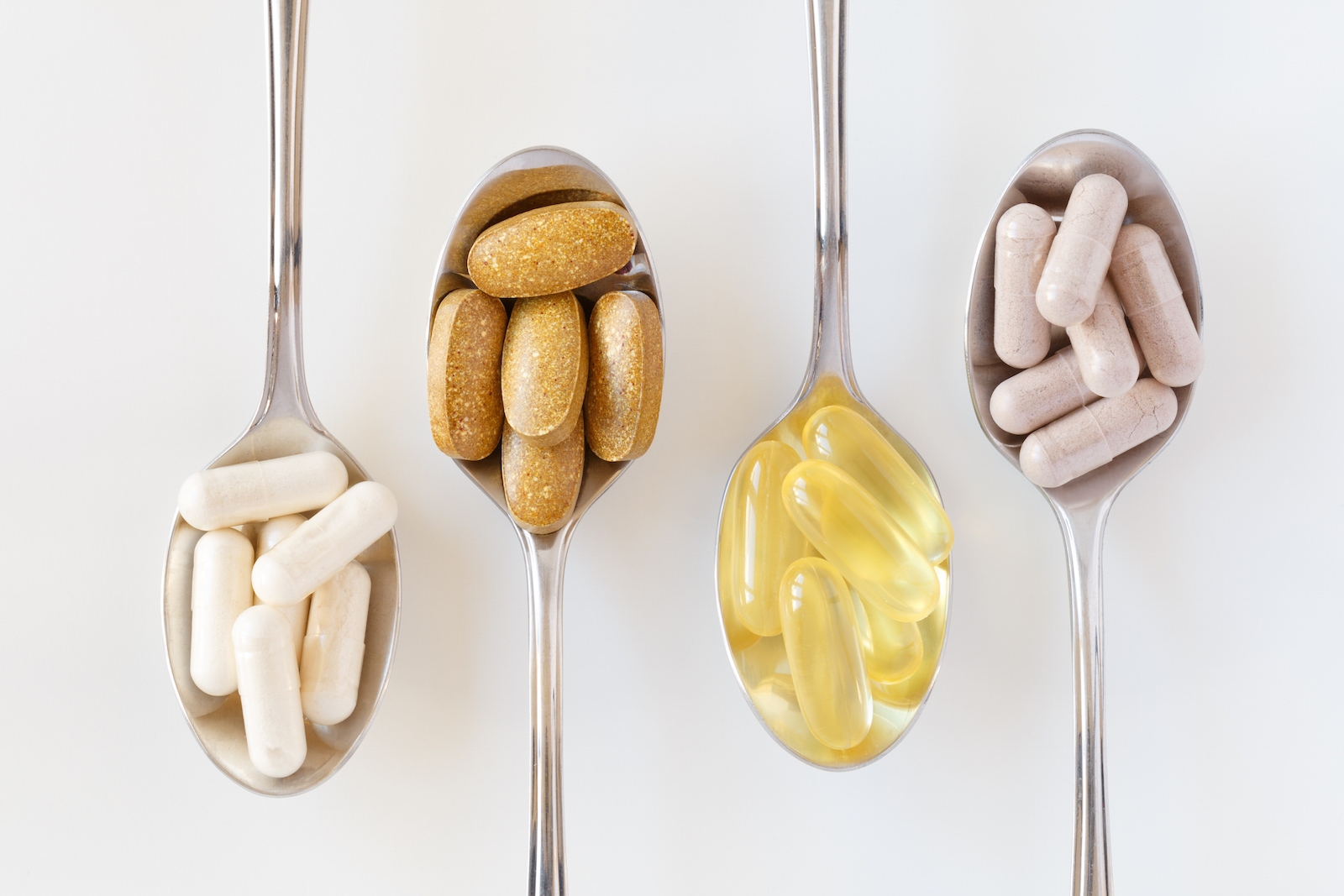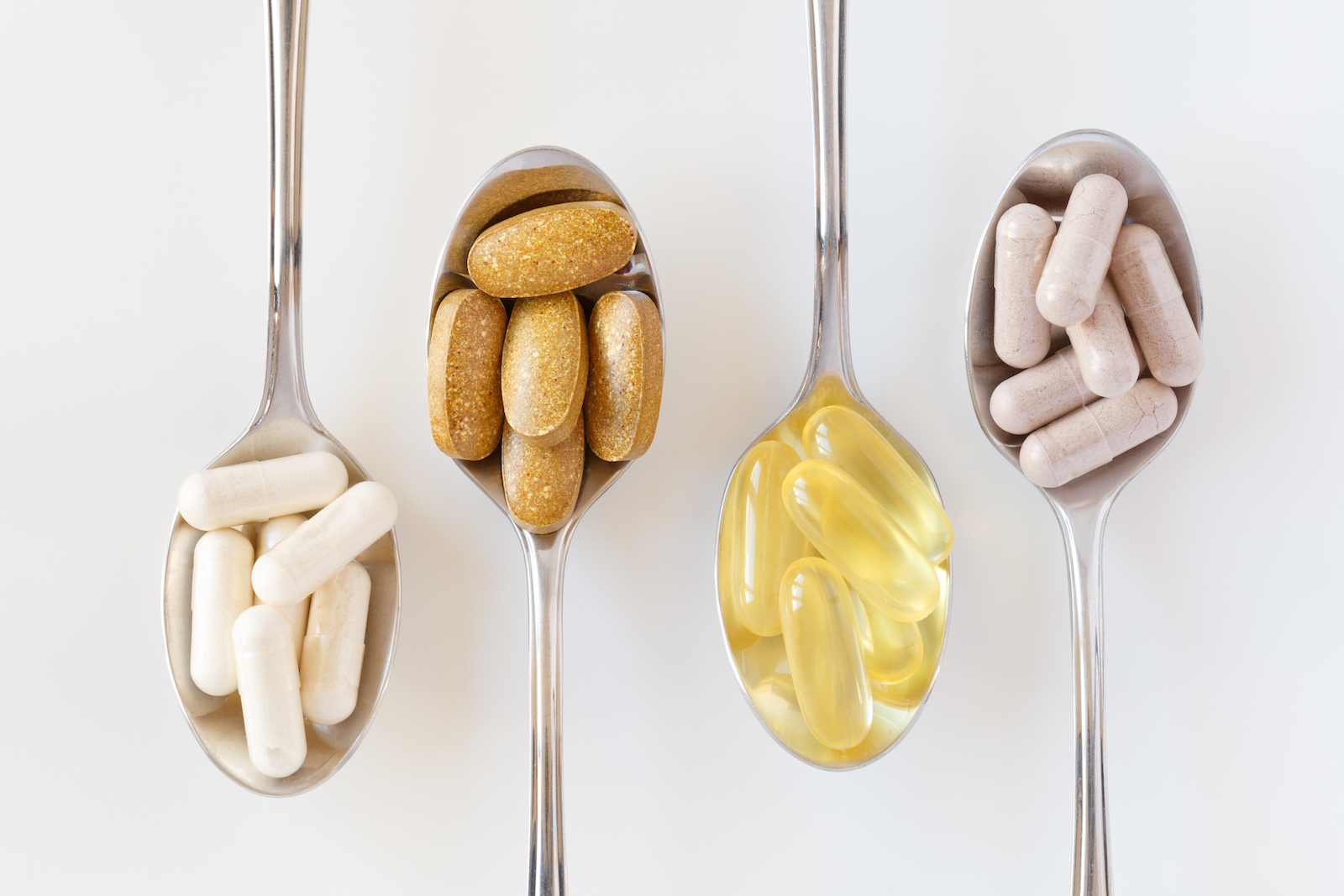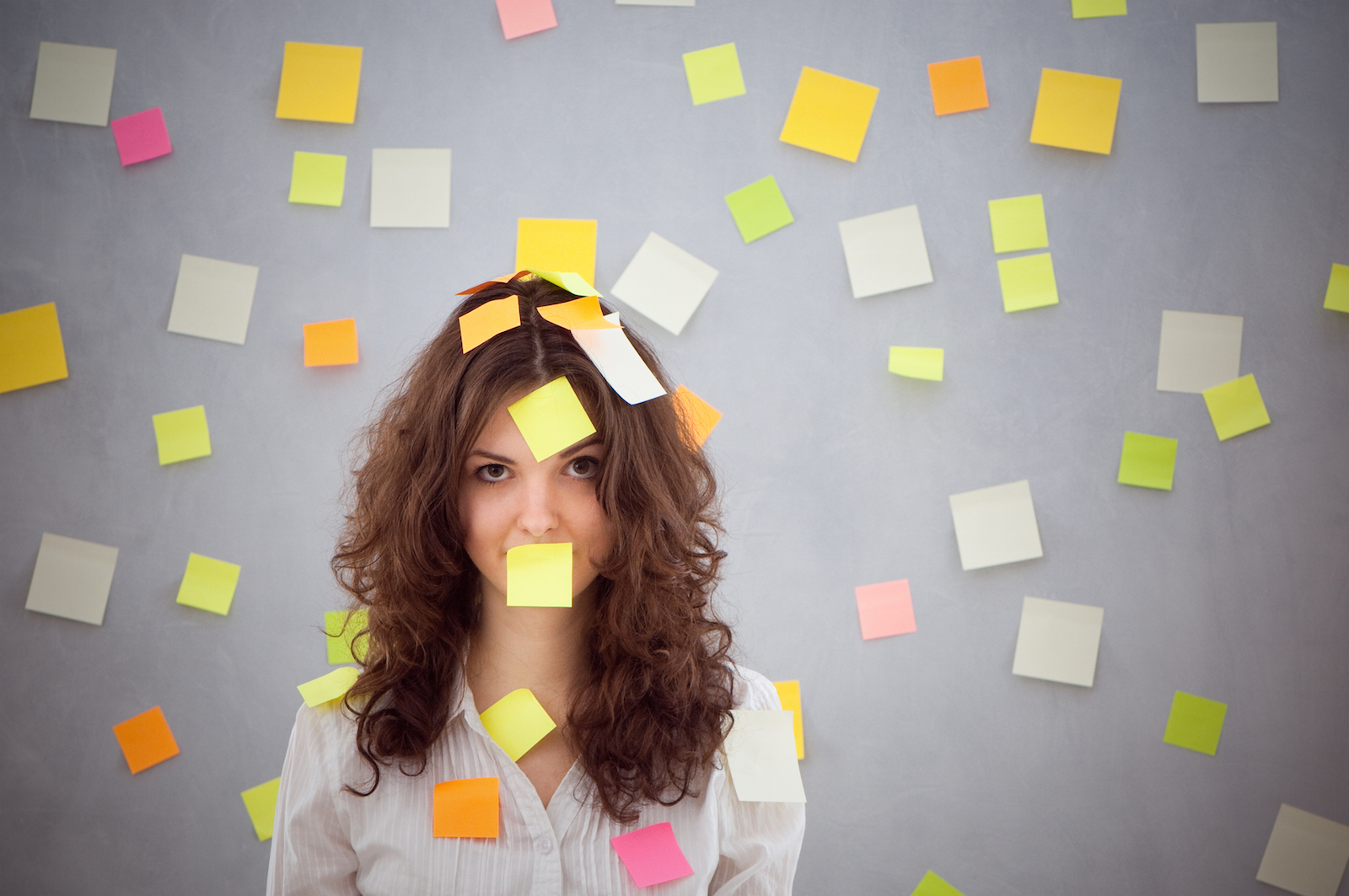Learn about brain health and nootropics to boost brain function
Should You Be Taking Nootropics for a Brain Boost?

Ask Keri: Do nootropics really work to boost mental health and performance?
Keri says: Nootropics are substances that are said to give your brain a boost in ways that may improve focus, creativity, memory, alertness, and even intelligence. They’re suddenly everywhere, and they’re super popular.
While some of the substances have been associated with specific results via scientific research, others are promoted for benefits that are largely unproven. The truth is: it’s a really tricky category to evaluate because it encompasses a really wide, often unregulated range of substances—from naturally occurring antioxidants to amino acids to prescription drugs—and people take them in a million combinations that haven’t been tested.
Here’s what you need to know.
What Are Nootropics and Who’s Taking them?
The term nootropic refers to any substance that changes your brain functioning in a way that provides a benefit.
Something as prevalent as caffeine, then, is considered a nootropic, as is l-theanine, a compound in green tea. Herbs like ginkgo biloba qualify, so do adaptogens like ashwagandha.
There are synthetic nootropics like noopept, piracetim, and phenotropil, and drugs like Ritalin and Adderall are also in the mix.
Nootropic enthusiasts, many of whom are Silicon Valley biohackers like Bulletproof founder Dave Asprey, take various combinations of nootropics to increase their performance at work, experimenting with which tighten focus, keep them awake and alert during long meetings, or get creative juices flowing.
The process of combining them into different mixes is called stacking, and now, companies have started taking those different mixes and selling them as nootropic cocktails (in supplement form). HVMN makes a few different supplements, like Sprint, that promises to put you in “the ideal mental flow state to get the job done.” TruBrain makes nootropic shots you order in monthly packs that “upgrade working memory” and boost mental output.” And of course there’s Moon Juice’s famous Brain Dust, beloved by Gwyneth.
Do Nootropics Work?
Is there one substance you can start taking tomorrow that research has proven will make your brain work better? Neurology experts who comment on the efficacy of nootropics generally say no.

Instead, there are small bits of information research has gleaned about each of these substances that are then applied to more general outcomes. For instance, studies have shown piracetim may improve memory in older patients with cognitive decline, but its effect on young, healthy brains is unknown. In animal studies, noopept has been shown to boost levels of BDNF, a compound that helps with brain cell growth, but again, what that means for healthy human brains isn’t established.
TruBrain says it evaluates its products to see how they affect alpha brain wave activity, but on that front, you’re trusting the company. HVMN, meanwhile, provides links to studies that back up claims for each ingredient. Ginseng, for example, “helps cognitive performance by reducing the impact of fatigue.” But how taking all of those nootropics in a blend will affect you is totally unclear. And in one leaked study the company commissioned on a formula it was testing, researchers found the formula was “no better than caffeine” at improving cognitive function, although it did make people slightly less jittery. (The company posted a lengthy response to the study and says it did not use that specific formula after the results came in.)
Finally, nootropic users will tell you you have to keep stacking before you figure out what works for you, trying things in different combos, waiting for things to build up in your system…and watching your bank account balance drop.
All of this is to say: this is a crazy, complicated world. That doesn’t mean none of these work, it’s just hard to know for sure, before you spend a bunch of cash on unregulated supplements. If you’re into biohacking and want to get into it, I don’t see a huge risk, although I’d recommend avoiding the prescription drugs you don’t need and doing your homework on each substance. There has been some research that suggests cognitive enhancers might come with trade-offs, like affecting learning and memory circuits, especially in young, developing brains (AKA, maybe don’t give these to your kids).
And all of this might make your head hurt more than it helps, just because it’s so complicated. You could easily stick to the less out-there nootropics like caffeine (moderate consumption!) and l-theanine (which is in healthy green tea that also contains antioxidants!).
Plus, don’t forget: there are other simpler, less expensive habits that are well-established in terms of keeping your brain in tip-top shape: work on maintaining a healthy gut, eat healthy brain foods, get more sleep, and exercise often.
(Photos: Shutterstock)


Click here to view full article